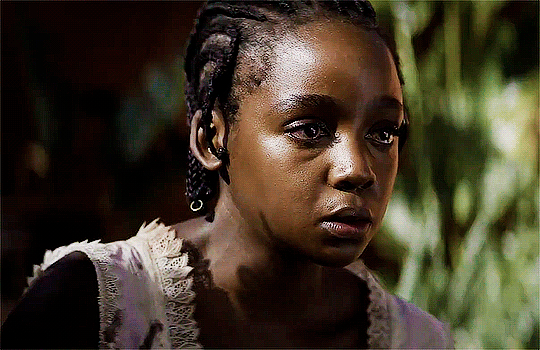SeaSnake
OG
As Gina Prince-Bythewood’s historical epic “The Woman King” was hitting theaters on Friday after a successful premiere at the Toronto International Film Festival last week and a solid Thursday night opening of nearly $2 million in early showings, on Twitter, a different narrative was unfolding.
As the hashtag #BoycottWomanKing trended on the social media platform, a number of users professed their disinterest in seeing a film that they believed obscured the history of the Kingdom of Dahomey, in which the Viola Davis-starring film is set. At issue: that the film, set in 1823, does not accurately portray the relationshp between the West African country and the slave trade.
The fervor over the film’s perceived inaccuracies appeared to be stoked by the film’s marketing, which center it as predominantly focusing on the all-female warrior army the Agojie, plus recent articles that purport to share the “real history” of the kingdom (including this National Review piece, which dives into the history of how some African nations, including Dahomey, were guilty of participating in the slave trade with European invaders, offering up their own countrymen in exchange for material goods).
Related
- 'The Woman King' Is an Original, Black Film with a Female Director, and It's #1
- 'The Woman King' Earns Perfect A+ CinemaScore Grade
But while those historical notations are true, they also don’t reflect the content of Prince-Bythewood’s film itself, which does not shy away from the link between the Kingdom of Dahomey and the repugnant slave trade.

‘Woman King’ Director Gina Prince-Bythewood on Backlash: ‘You Cannot Win an Argument on Twitter’
The Viola Davis-starring historical epic has been plagued by negative social media chatter.www.indiewire.com
I get it but folks could’ve avoided this outrage if they actually looked up history. Many African Monarch participated in slavery whether West Africa or East Africa. I don’t think this is a movie filled with lies


